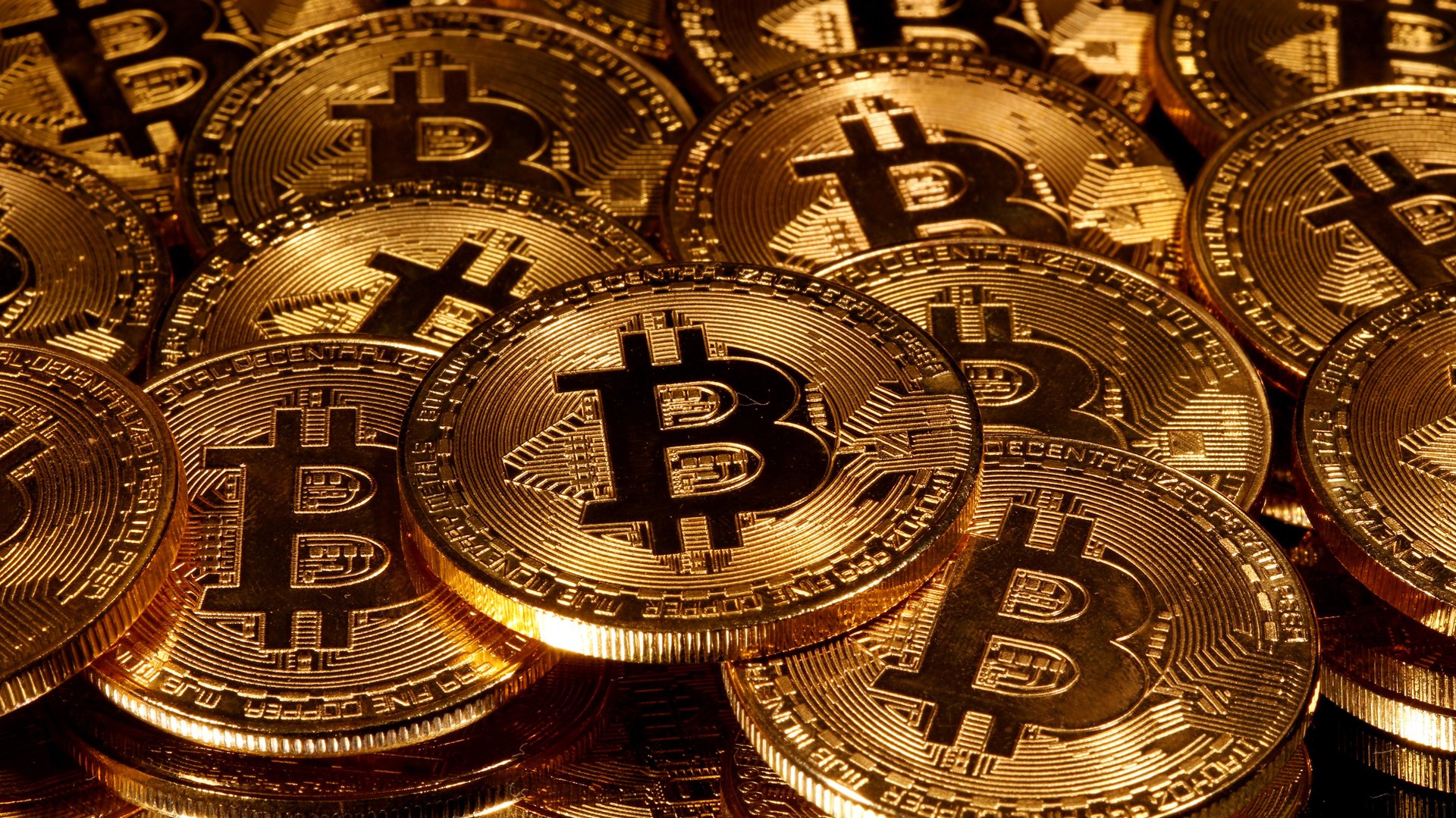Does it make sense for Indians to buy bitcoin instead of gold this Diwali?
Cryptocurrencies have had a glitzy run in recent months. But is all that glitters really gold?


Cryptocurrencies have had a glitzy run in recent months. But is all that glitters really gold?
Since the spread of Covid-19 in India, bitcoin has outperformed every other asset class, including gold, giving a return of nearly 160% since April. This is not unusual since cryptocurrencies are widely believed to be delinked to the macro-economy, which has been facing its worst nightmare.
But the returns have enthused some Indians so much that they are replacing the traditional shopping and gifting items such as gold with cryptocurrencies during this festive season. Hindus consider the festivals of Dhanteras (which falls on Nov. 13 this year) and Diwali (Nov. 14) auspicious for buying gold.
“We are seeing that a lot of people are coming to our exchange to gift cryptocurrencies to their relatives or friends. Youngsters are looking to substitute gold with virtual currencies,” said Nischal Shetty, the founder of WazirX, India’s most popular cryptocurrency exchange.
Another exchange, CoinDCX, is offering its customers a free-trading option (without any fees) during a few hours on Diwali day. This is similar to “Mahurat trading” on Indian stock exchanges when the bourses open for trade during an auspicious hour on Diwali each year, which is otherwise a holiday for the markets.
But all this glamour aside, can cryptocurrencies really be a substitute for the store-value and safety that gold offers?
Can cryptocurrencies replace gold?
When bitcoin was founded in 2009, it was touted as a currency delinked from the economy, which makes its use-case very similar to gold. People prefer to buy gold during economic downturns as it isn’t related to earnings or any other macro activity.
But this is where the similarity ends.
Cryptocurrencies including bitcoin (the most popular virtual currency) are far too volatile and have massively swung over the years, while gold prices typically stay steady.
Cryptocurrency players do acknowledge this volatility but claim that it has substantially ebbed over time. They believe it will only become better as the market capitalisation of these currencies grows.
“As bitcoin and other crypto-assets like ether get more investors, they’ll become almost boring,” said Vikram Rangala, chief marketing officer of crypto exchange, ZebPay. “2020 has seen the story go from bitcoin as a speculative asset to long term, inflation-proof investment, and store of value. It’s also moving more like gold, as investors start treating it as a safe haven.”
Shetty of WazirX also pointed out that big global institutional investors are now buying bitcoin instead of gold. “These institutional investors are always looking for a long-term bet. This means that cryptocurrencies are now gradually attaining the status of being a stable asset with a long-term horizon,” said Shetty.
In fact, Sumit Gupta, CEO and co-founder of CoinDCX, believes cryptocurrencies are much safer and can be more stable compared to gold.
“It’s a myth that there is a fixed amount of gold in the world. It’s unknown when all gold in the world will be mined and there isn’t a truly verifiable way to calculate the existing supply either. Whereas the supply of Bitcoin is fixed at 21 million. You can’t mine more than 21 million Bitcoin and its mining supply is fixed in the Bitcoin code” said Gupta explaining that the limited supply act as an advantage when it comes to store-value.
He also adds that there is the possibility of gold having impurities, which is difficult for customers to spot. “In comparison, Bitcoin is easily verifiable as it is on the public ledger by anyone with an Internet connection,” said Gupta.
While industry players are optimistic about cryptocurrencies replacing gold, there are still concerns that challenge virtual currencies’ status as an asset with store-value.
Cryptocurrencies face the litmus test
Exchanges have a reason to position cryptocurrencies like an established asset class such as gold. After all, besides investors, exchanges have been the biggest beneficiaries of the gains in cryptocurrencies. In India, exchanges witnessed a massive surge in volumes as the stellar returns delivered by virtual currencies coincided with the apex court’s decision to lift the ban on them.
The truth, however, is that virtual currencies, despite their growing popularity, don’t hold any fundamental value.
Cryptocurrency investors are hoping that this will change as people find use-cases or utility for them. But, right now, the adoption isn’t picking up at a fast pace as the governments around the world are still skeptical.
Another major concern is market manipulation. According to the University of Texas professor John Griffin and Ohio State University’s Amin Shams, a single entity moved bitcoin prices in 2017 when it was scaling new heights.
So even as cryptocurrencies are giving strong returns and have certain traits of gold, they still need to address these concerns to compete with yellow metal.